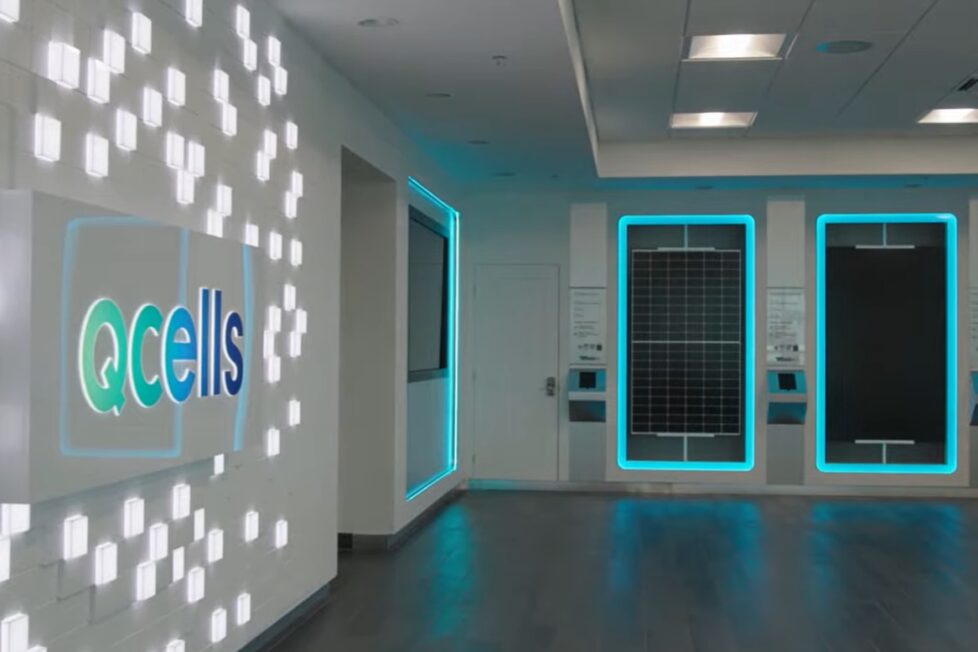Microsoft Signs 12 GW U.S. Solar Panel Procurement Deal with QCells

Microsoft and clean energy company QCells announced today an eight-year strategic alliance, including the supply of 12 GW of U.S.-made solar panels and services over eight years, aimed at supporting Microsoft’s climate and renewable energy goals, and the development of a U.S. solar supply chain.
The deal marks a significant expansion of a 2.5 GW agreement signed by the companies last year, and an announcement in early 2023 by Qcells, a subsidiary of South Korean conglomerate Hanwha Group, of plans to invest more than $2.5 billion to build a complete solar supply chain in the U.S., marking both the company’s largest investment and the largest investment in the U.S. solar industry to date.
Justin Lee, CEO of Qcells, said:
“We are pleased to be a part of such a substantial commitment that will accelerate the global shift to renewable energy solutions. Qcells is uniquely positioned to ally with Microsoft towards creating a clean, sustainable future because of our investment in building an American-made solar supply chain.”
Under the new module and engineering, procurement and construction (EPC) services agreement agreement, QCells and Microsoft will collaborate to bring approximately 1.5 GW of solar panels annually to projects Microsoft has contracted through 2032. According to the companies, the capacity of solar modules anticipated under the agreement would be equivalent to powering more than 1.8 million homes annually.
The solar modules supplied under the agreement will be produced at QCells’ new solar supply chain factory in Cartersville, Georgia, anticipated to be completed in late 2024.
In 2021, Microsoft launched a “100/100/0 clean energy goal,” with the company targeting having 100% of its electricity consumption, 100% percent of the time, matched by purchases from zero carbon energy sources by 2030, adding to its prior commitment to use 100% renewable energy in its buildings and datacenters globally by 2025. Microsoft has also committed to become carbon negative by 2030, and to cover 100% of its electricity consumption in its buildings and datacenters globally with renewable energy by 2025.
According to the companies, the new agreement “solidifies Microsoft as one of the world’s largest purchasers of renewable energy.”
Bobby Hollis, Vice President, Energy at Microsoft, said:
“Our expanded agreement with Qcells is designed to drive large-scale domestic production of solar modules essential to advancing a resilient U.S. supply chain and clean energy economy. Through long-term agreements like this we are signaling Microsoft’s demand and bringing more renewable energy to the grid, faster.”